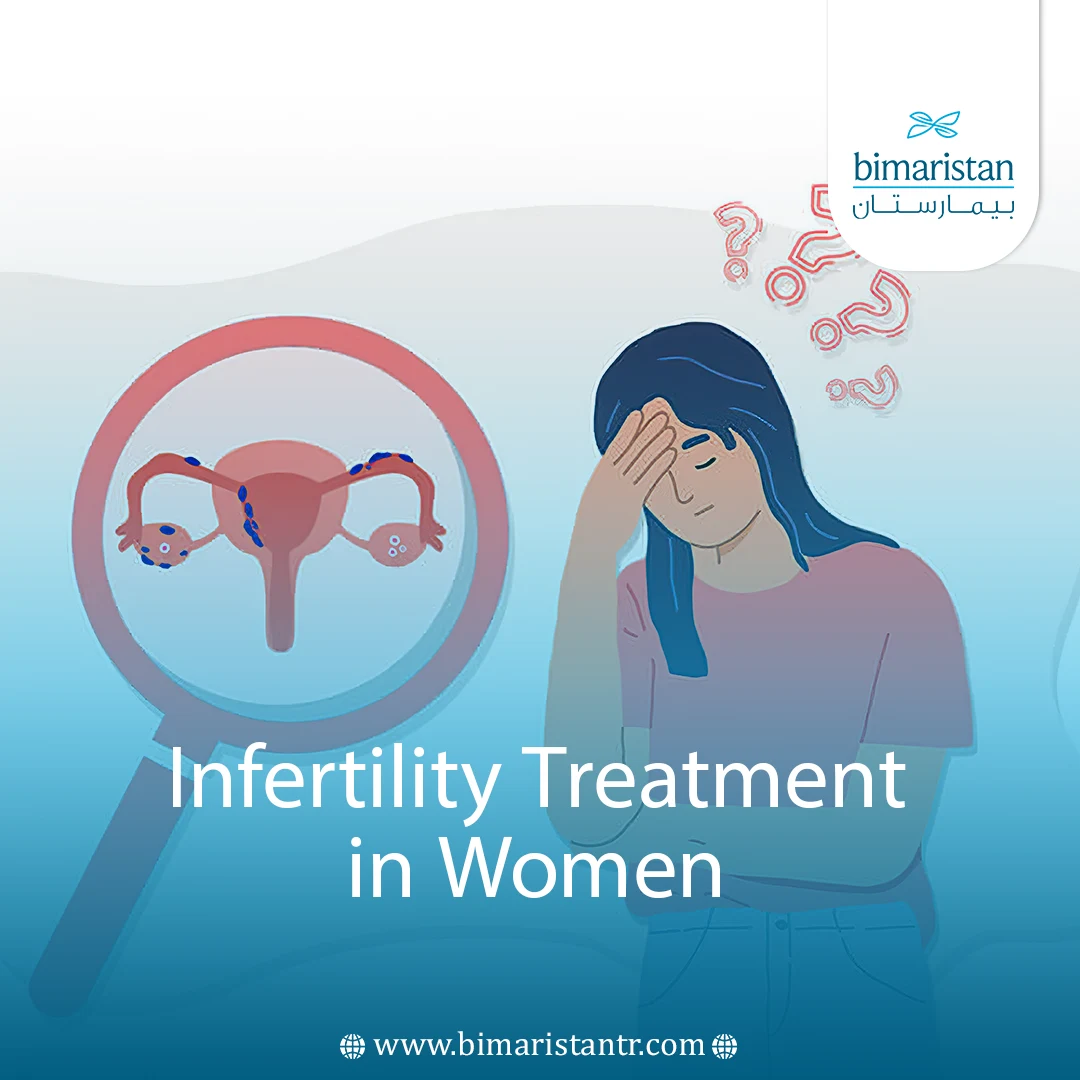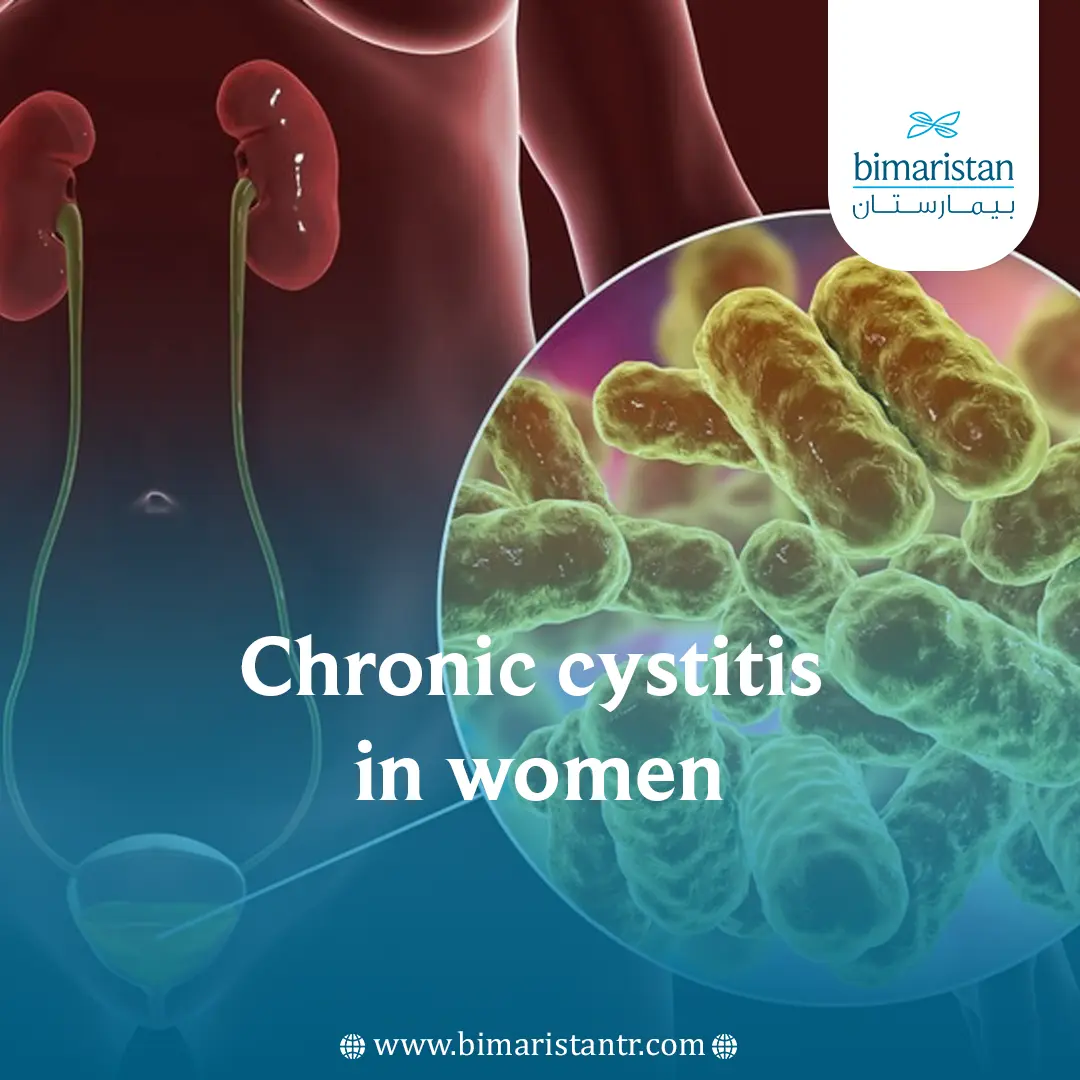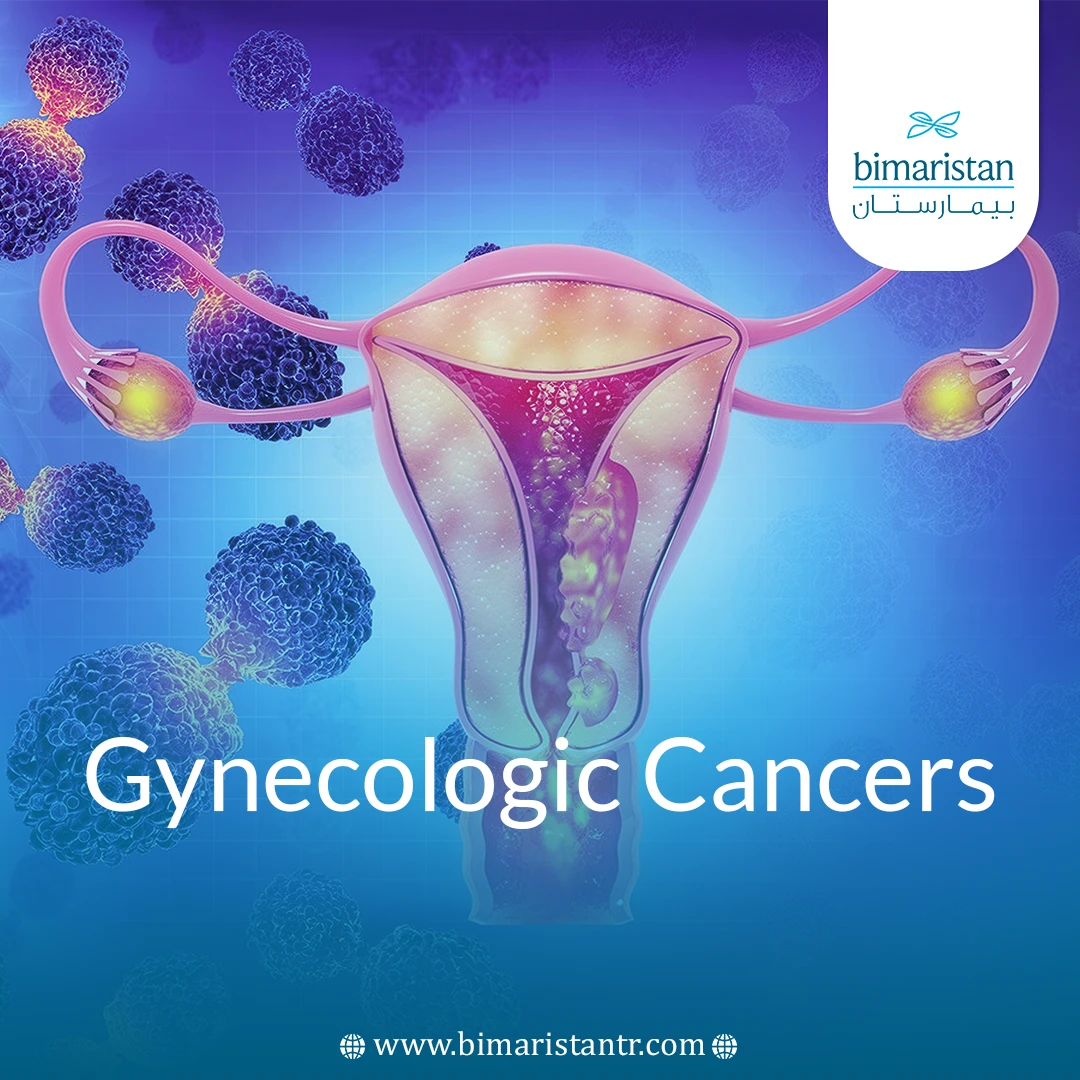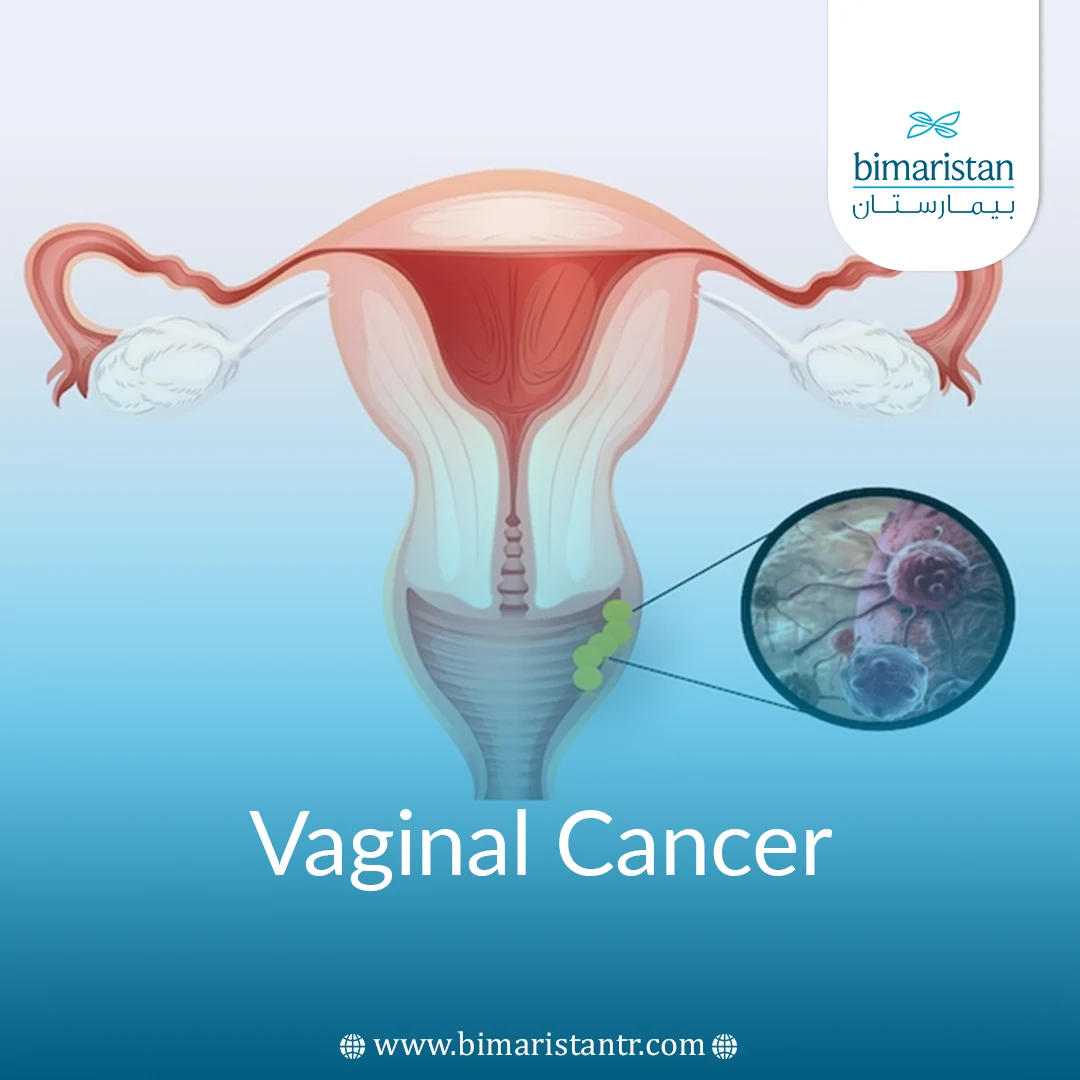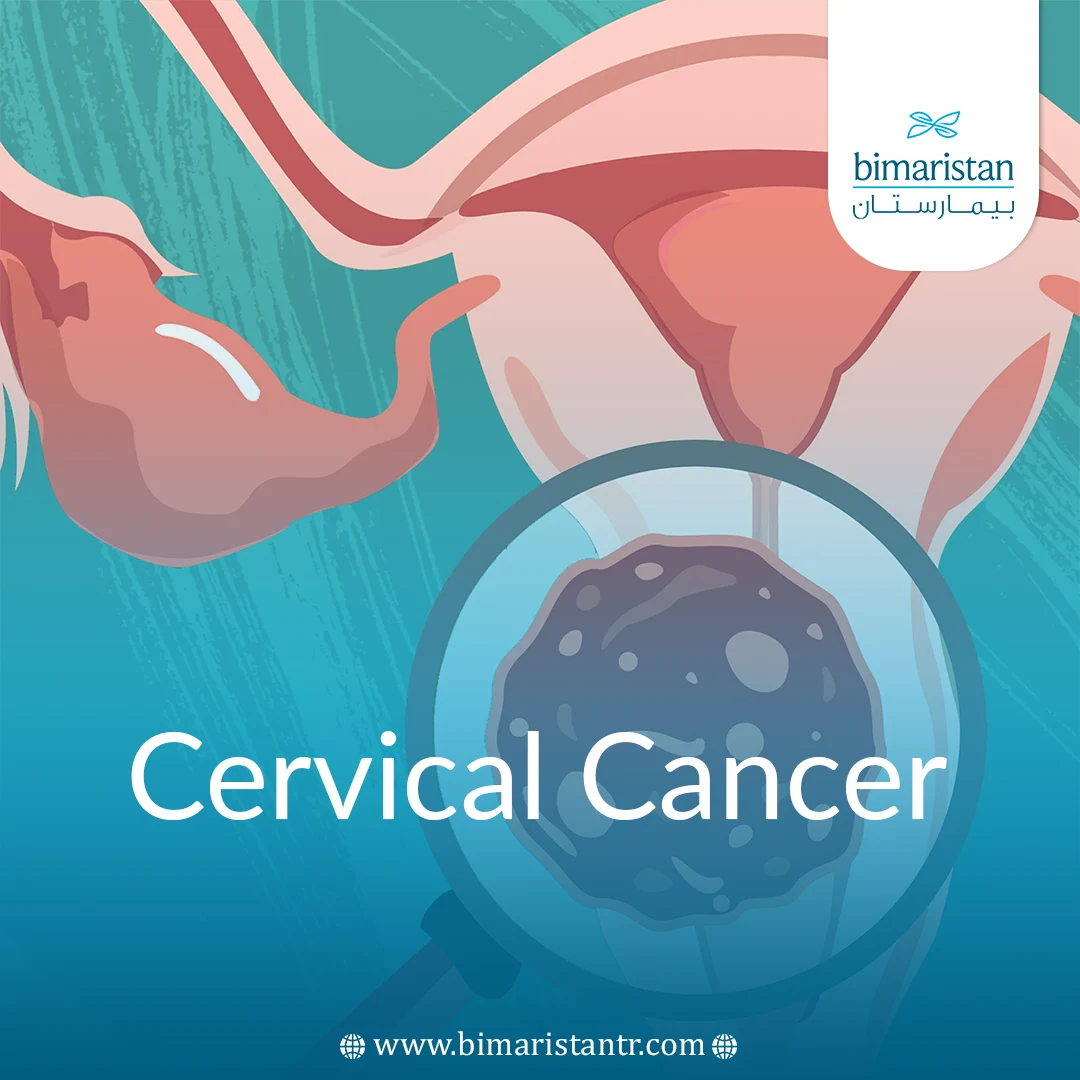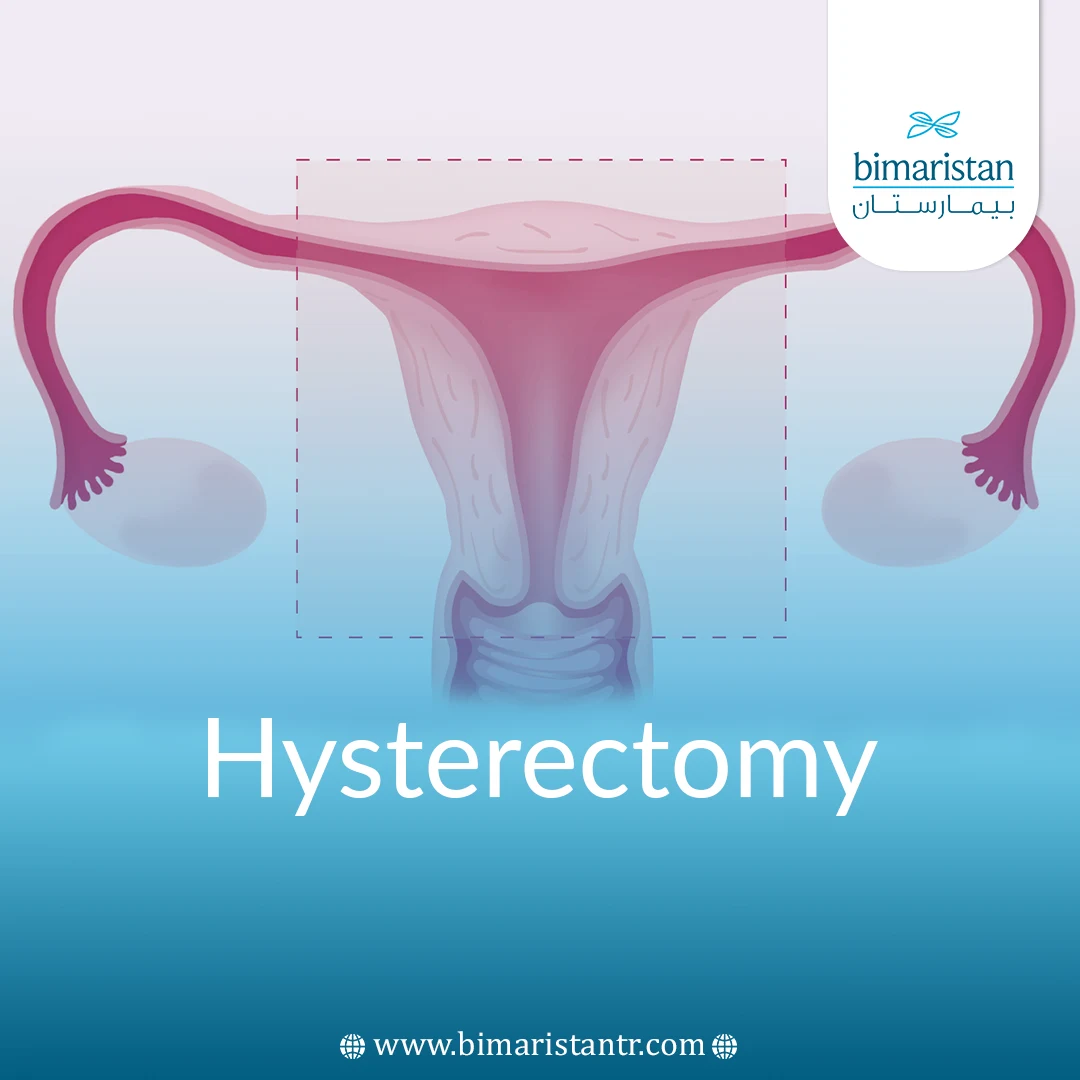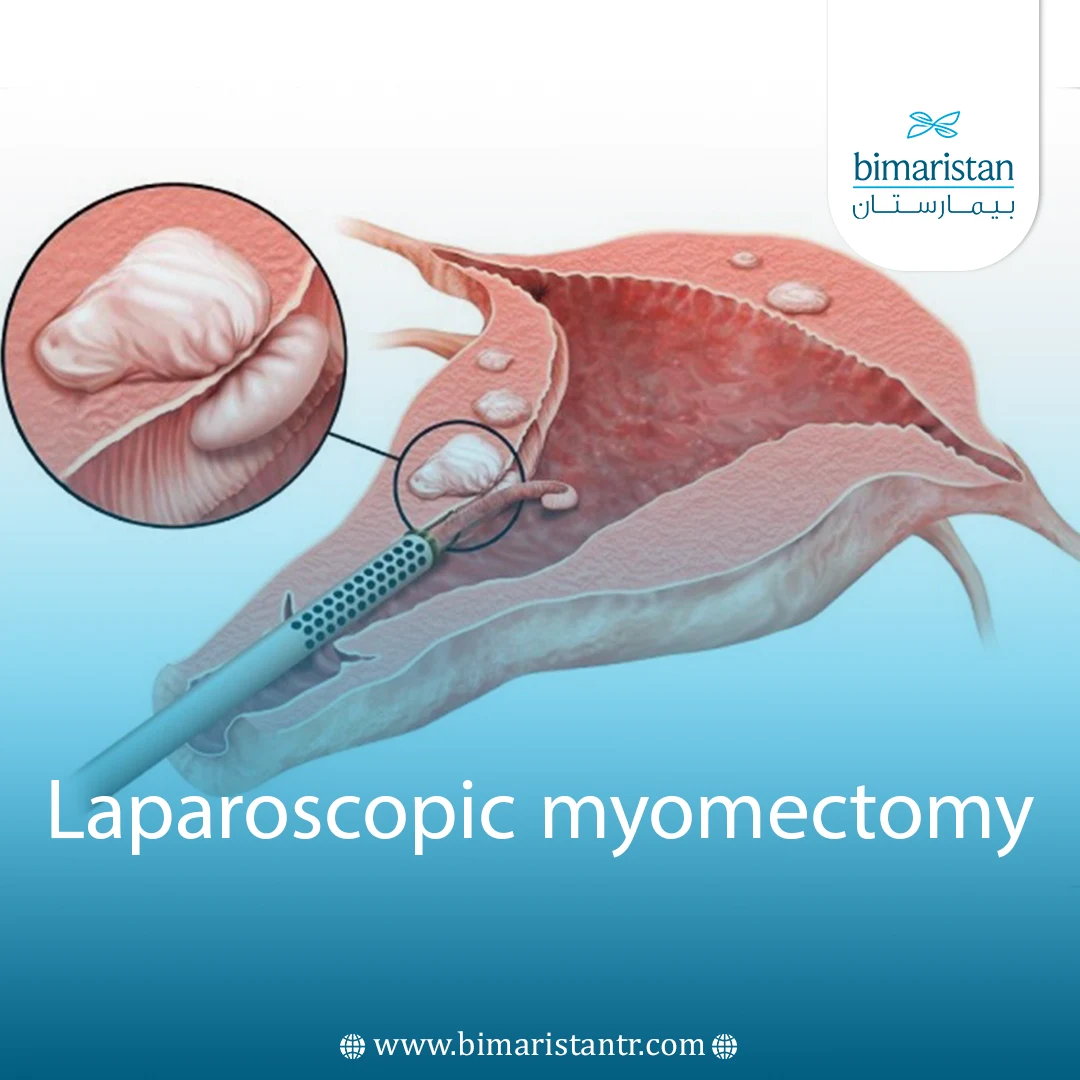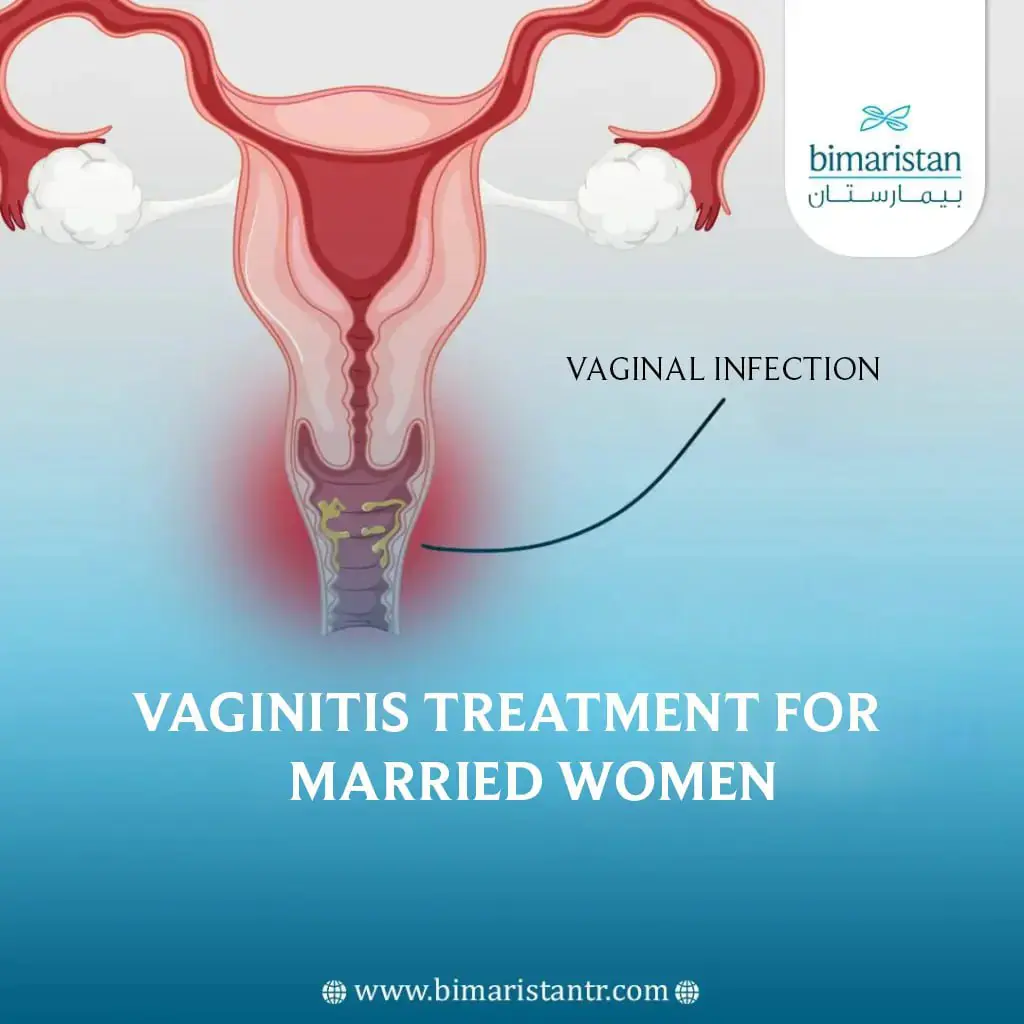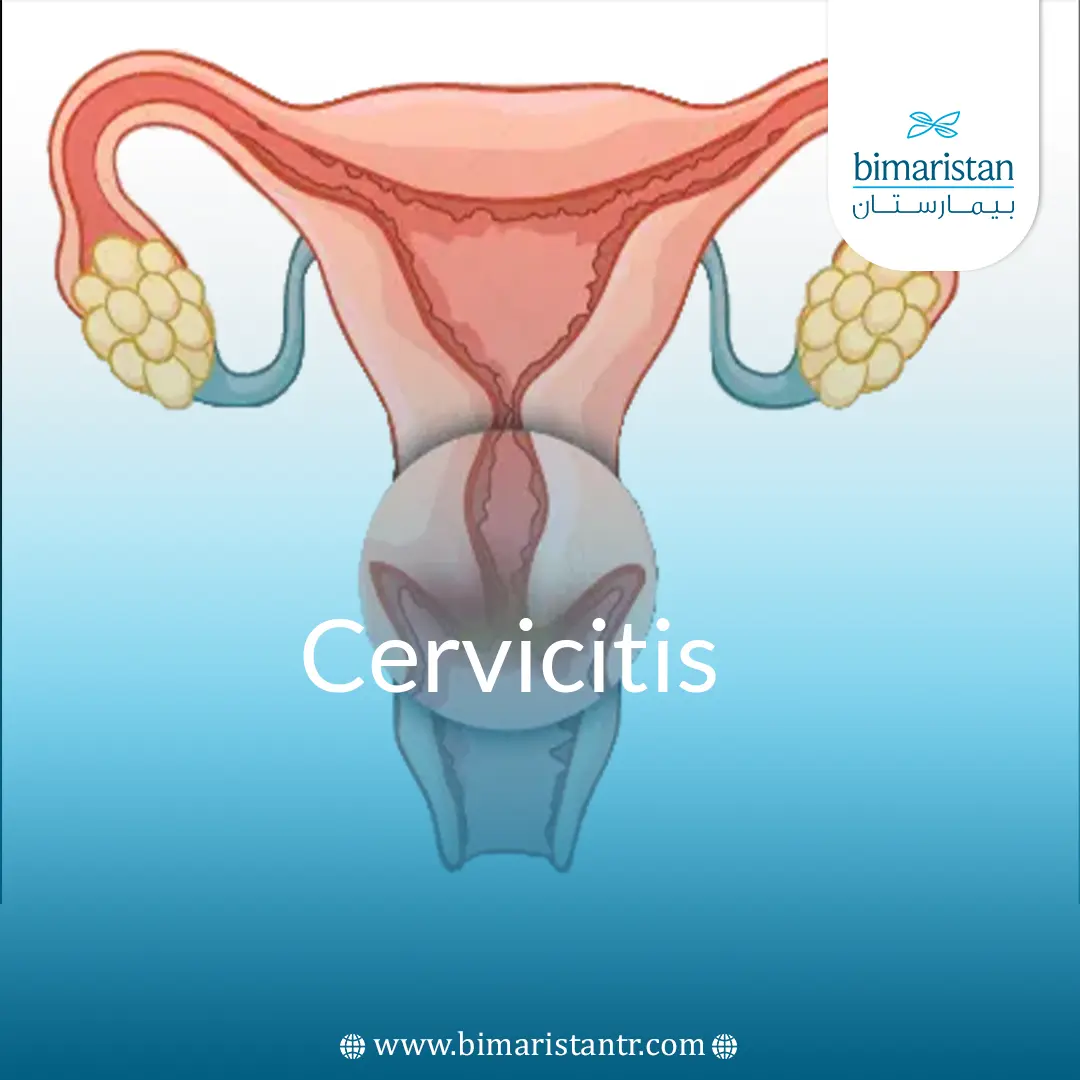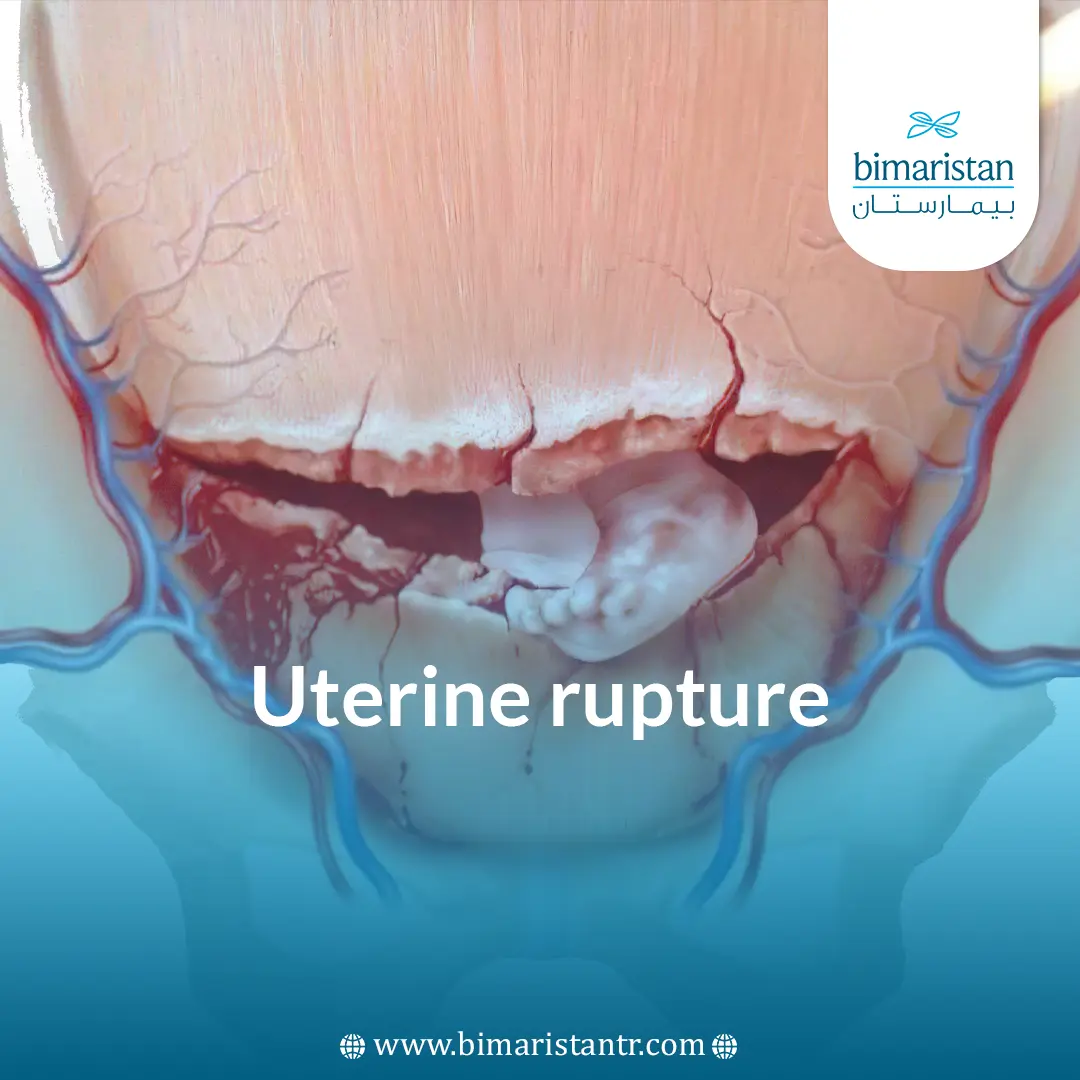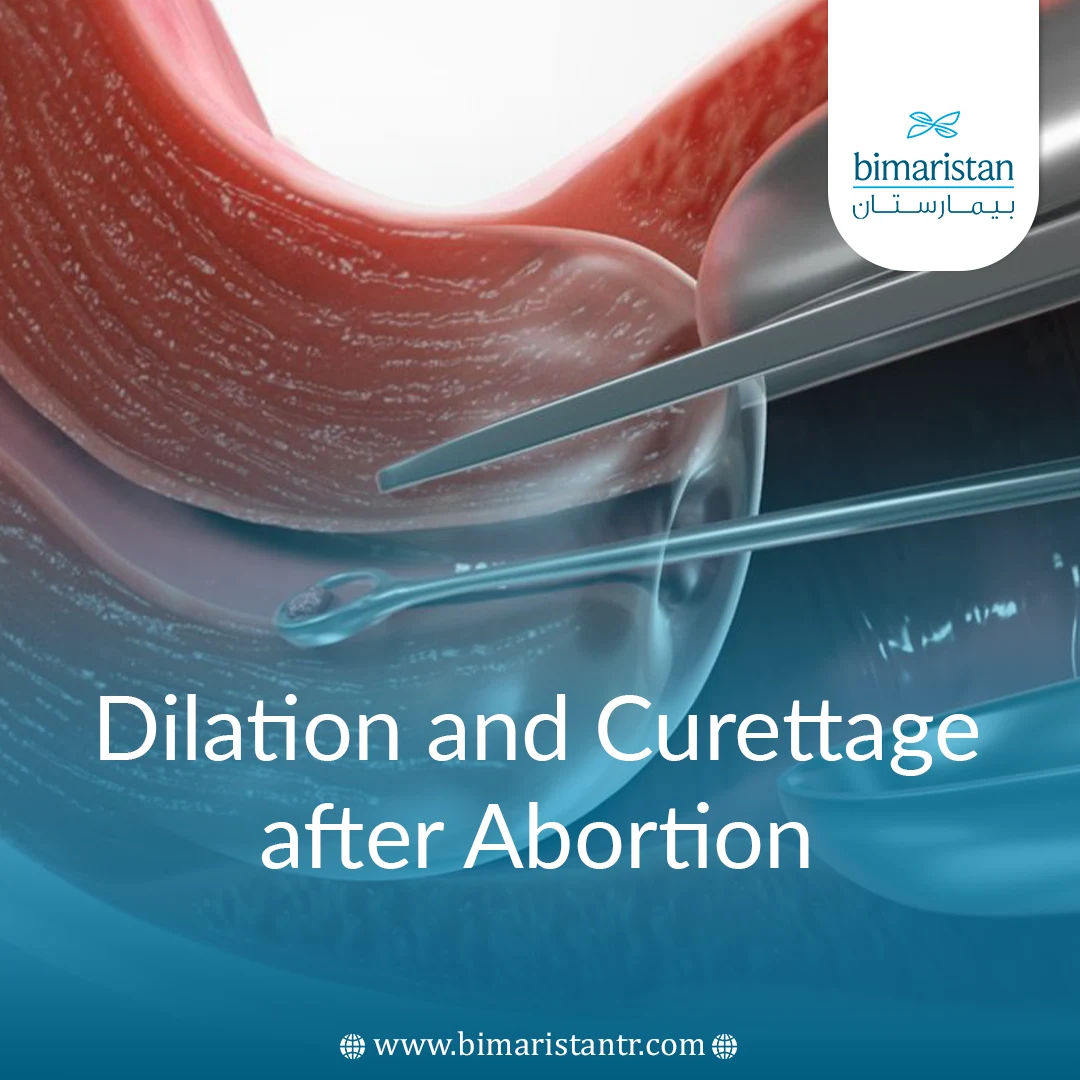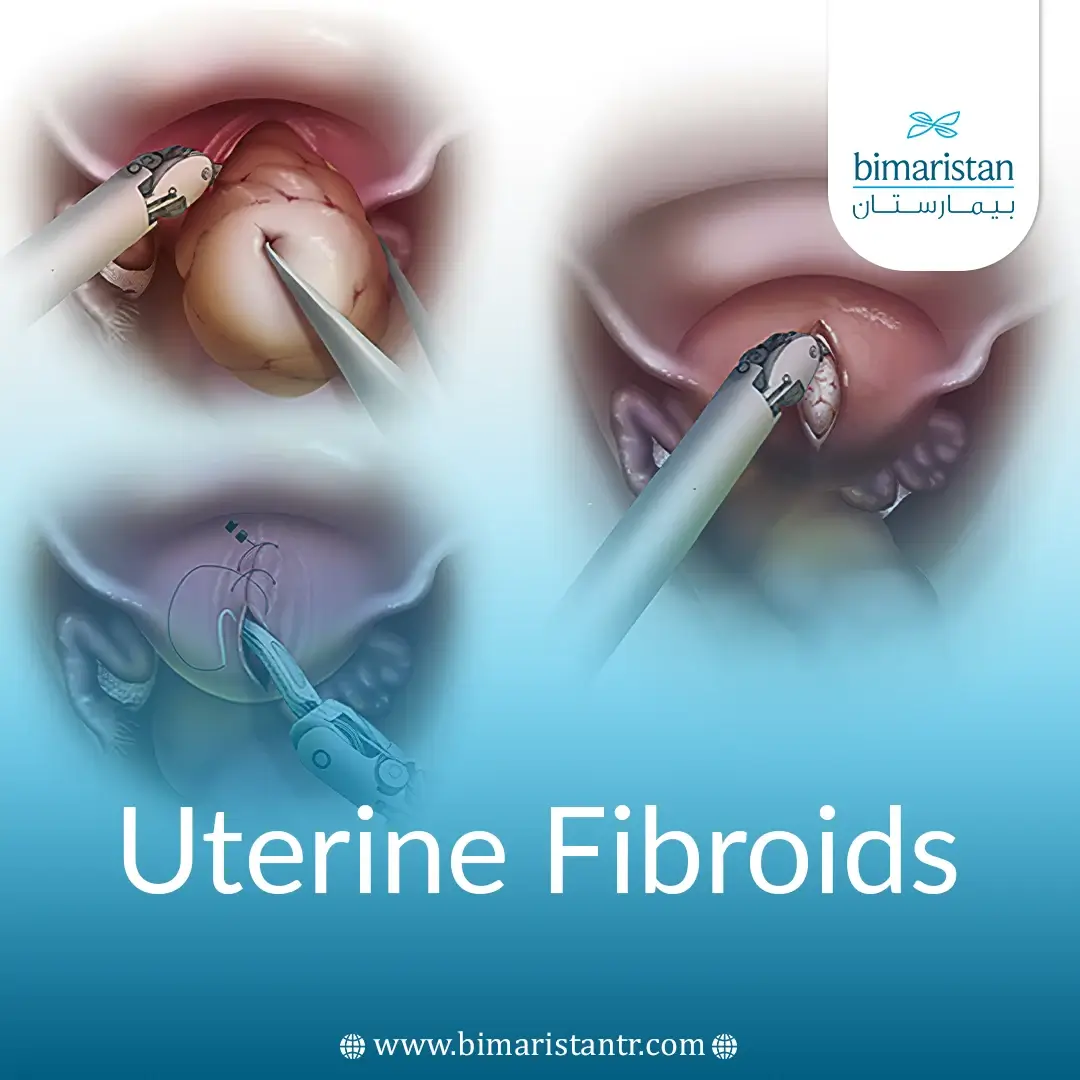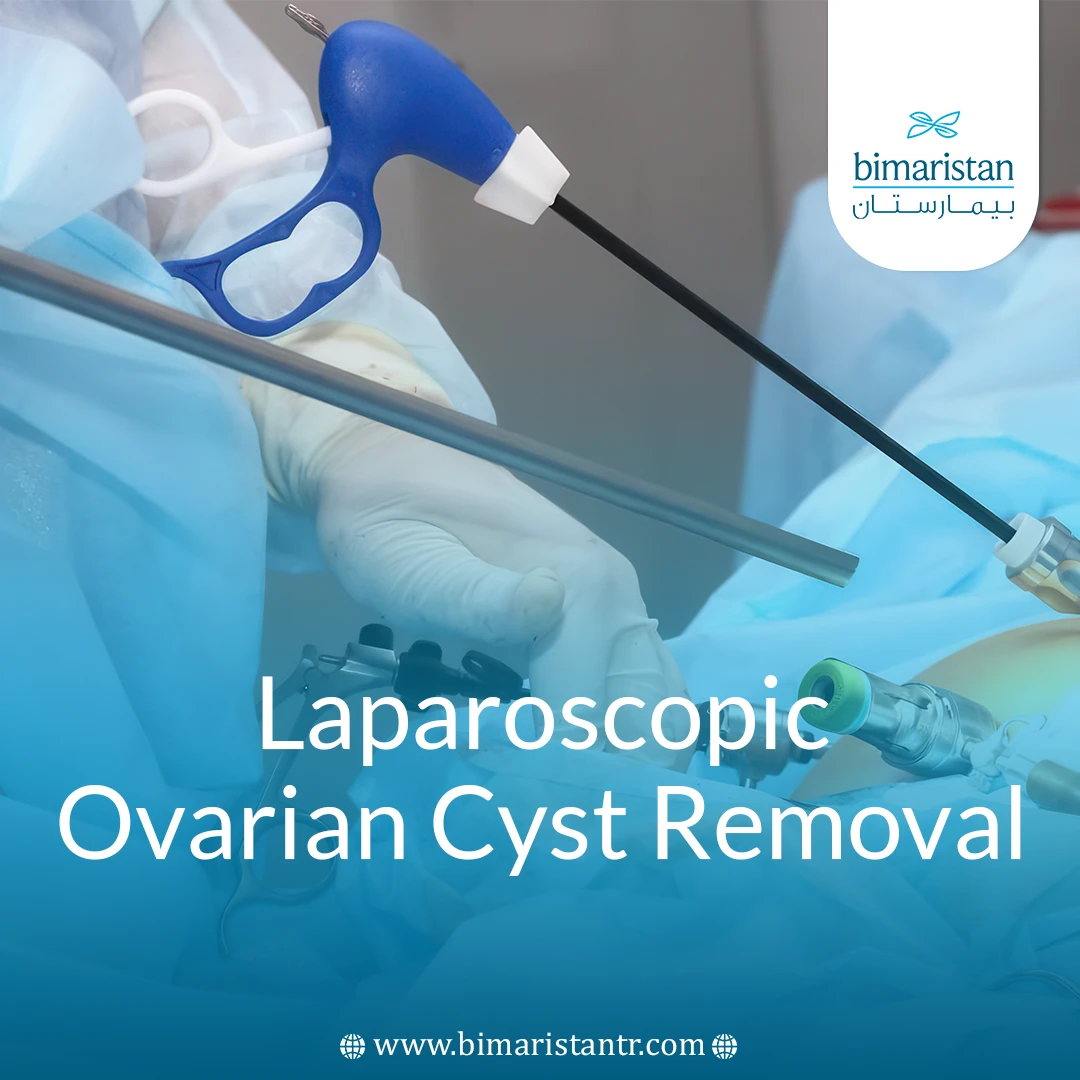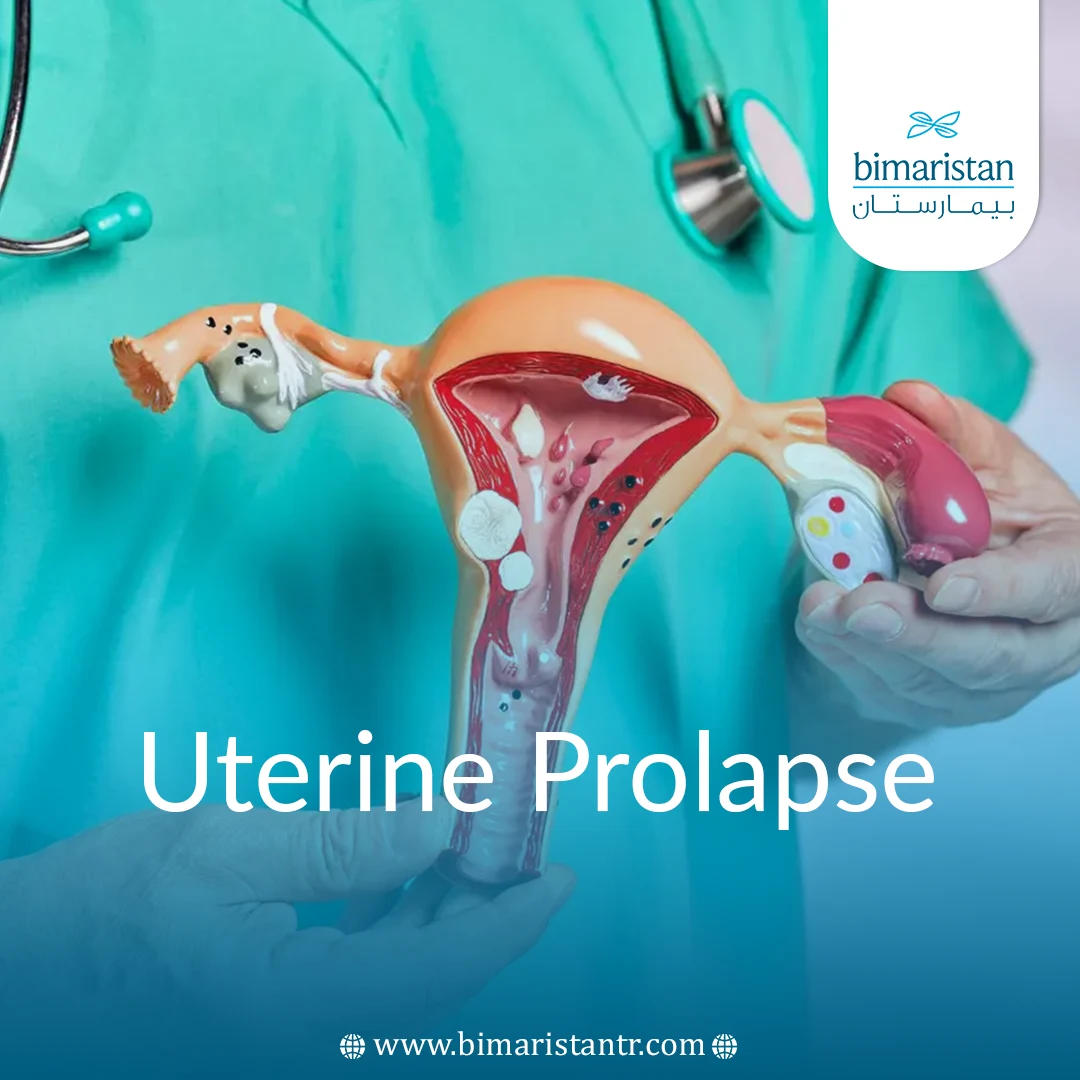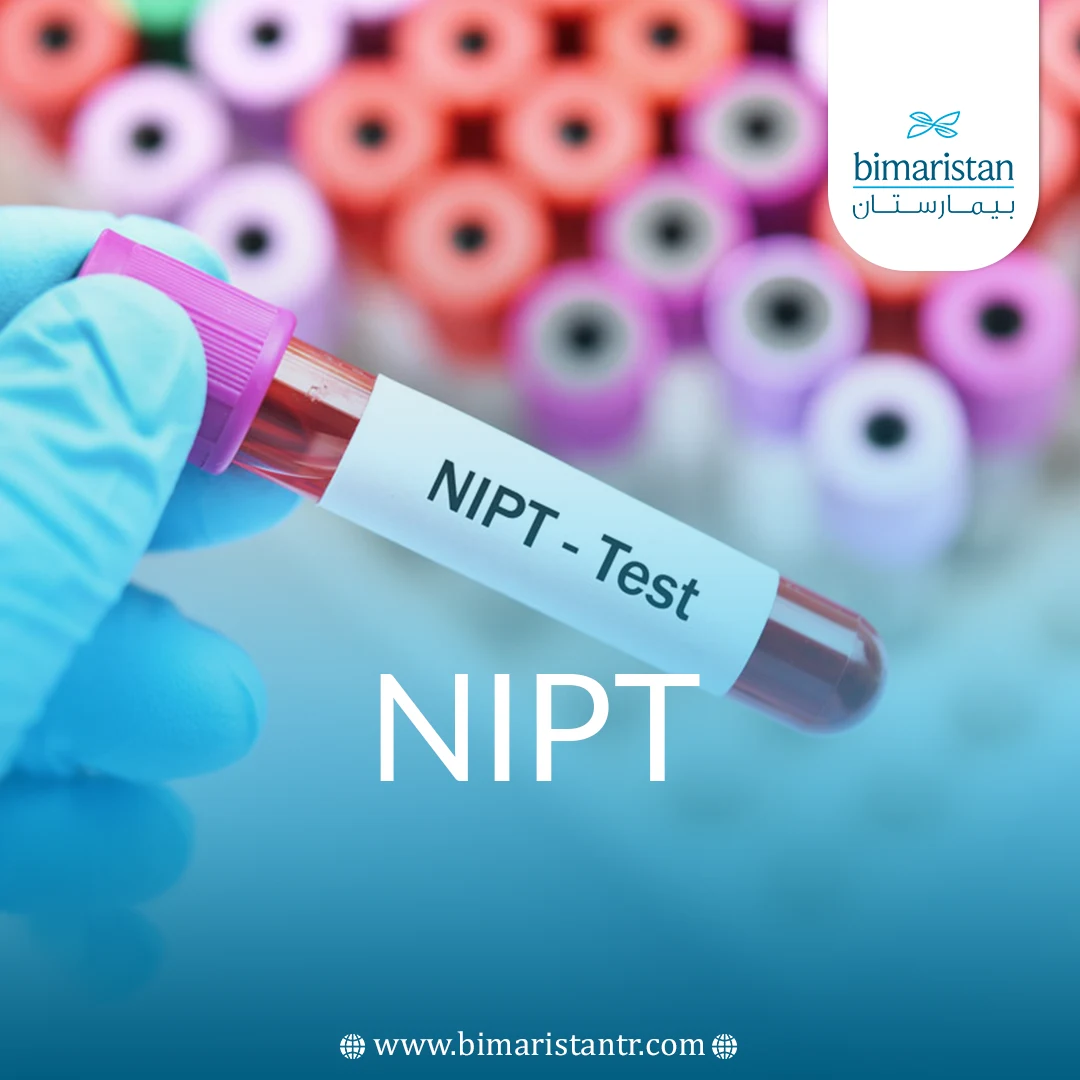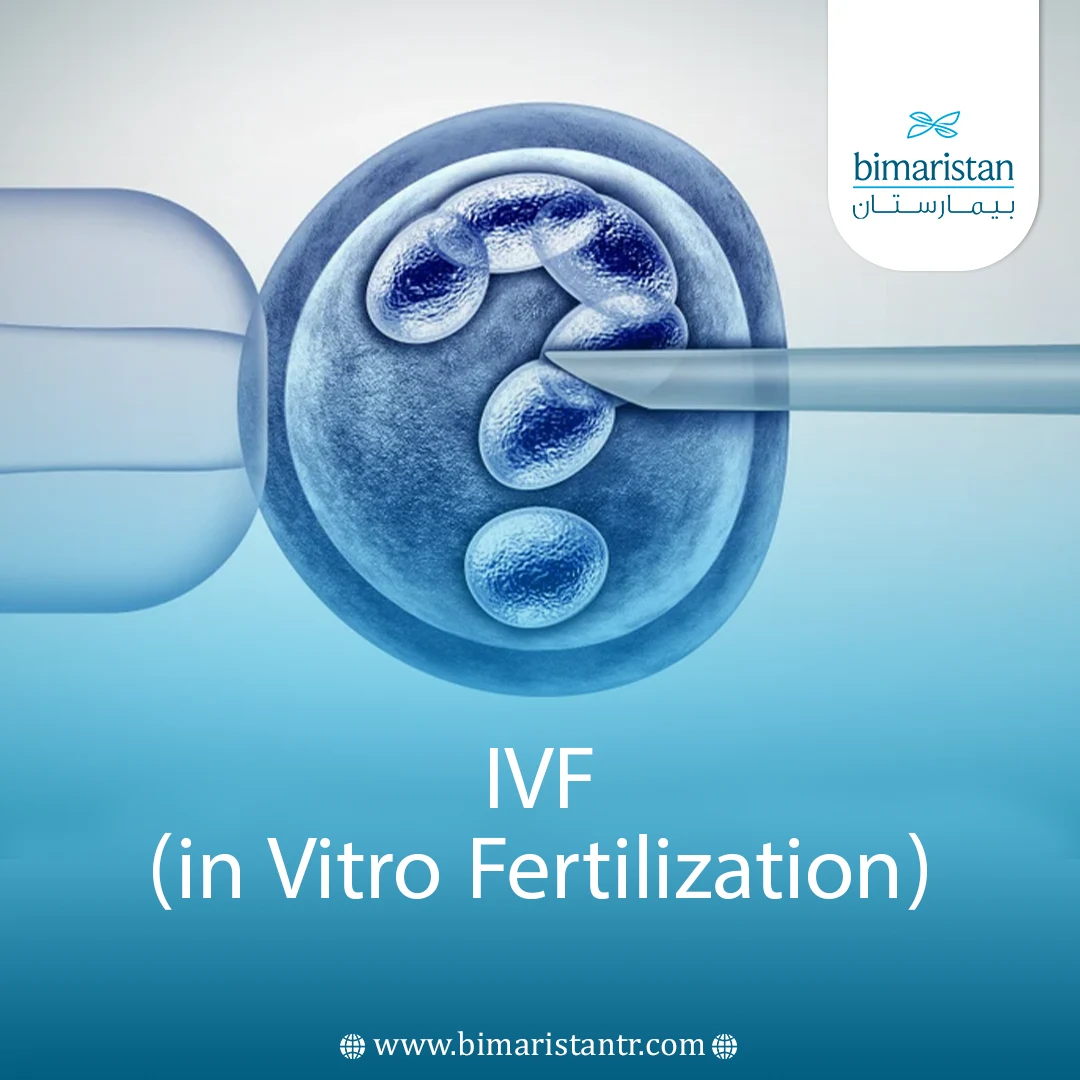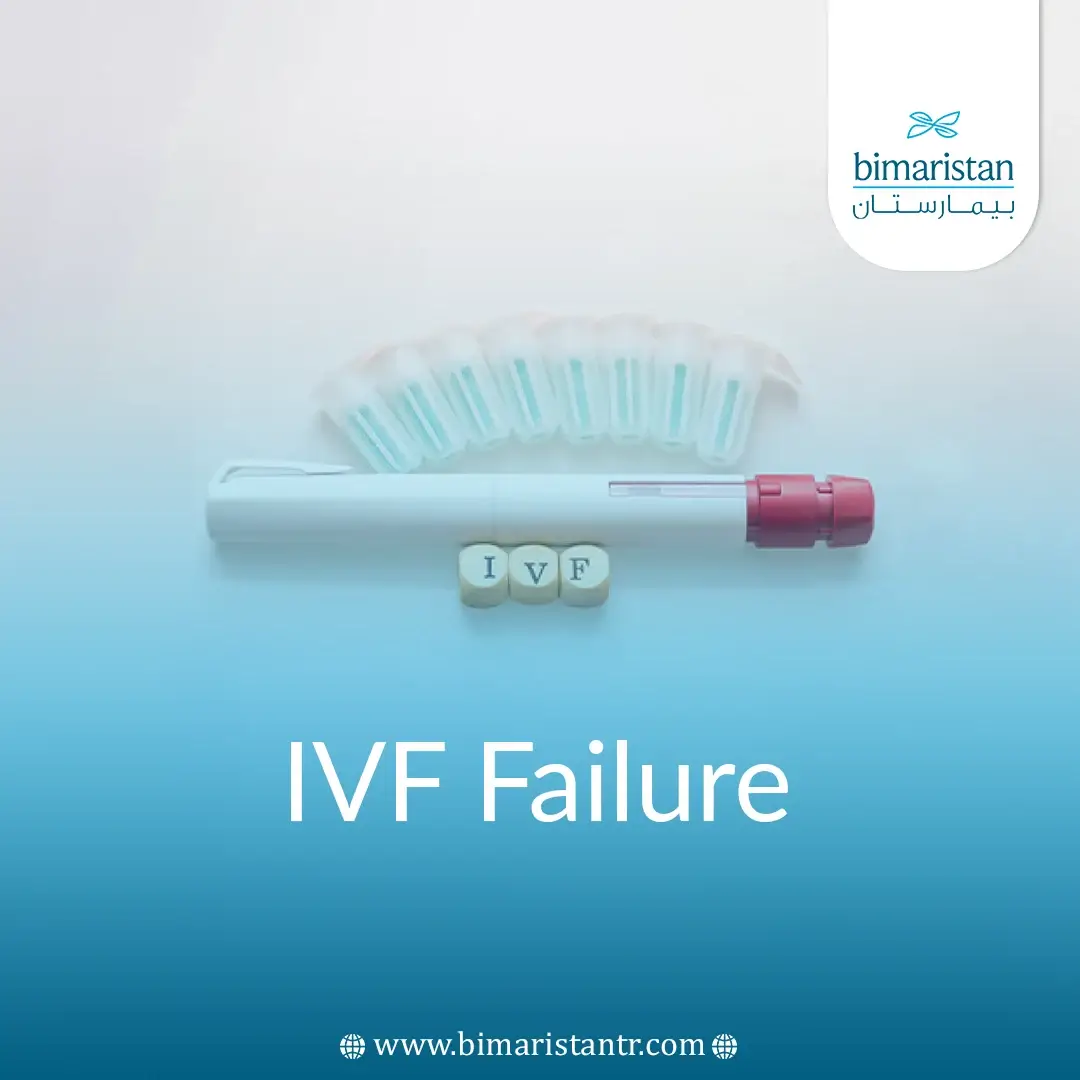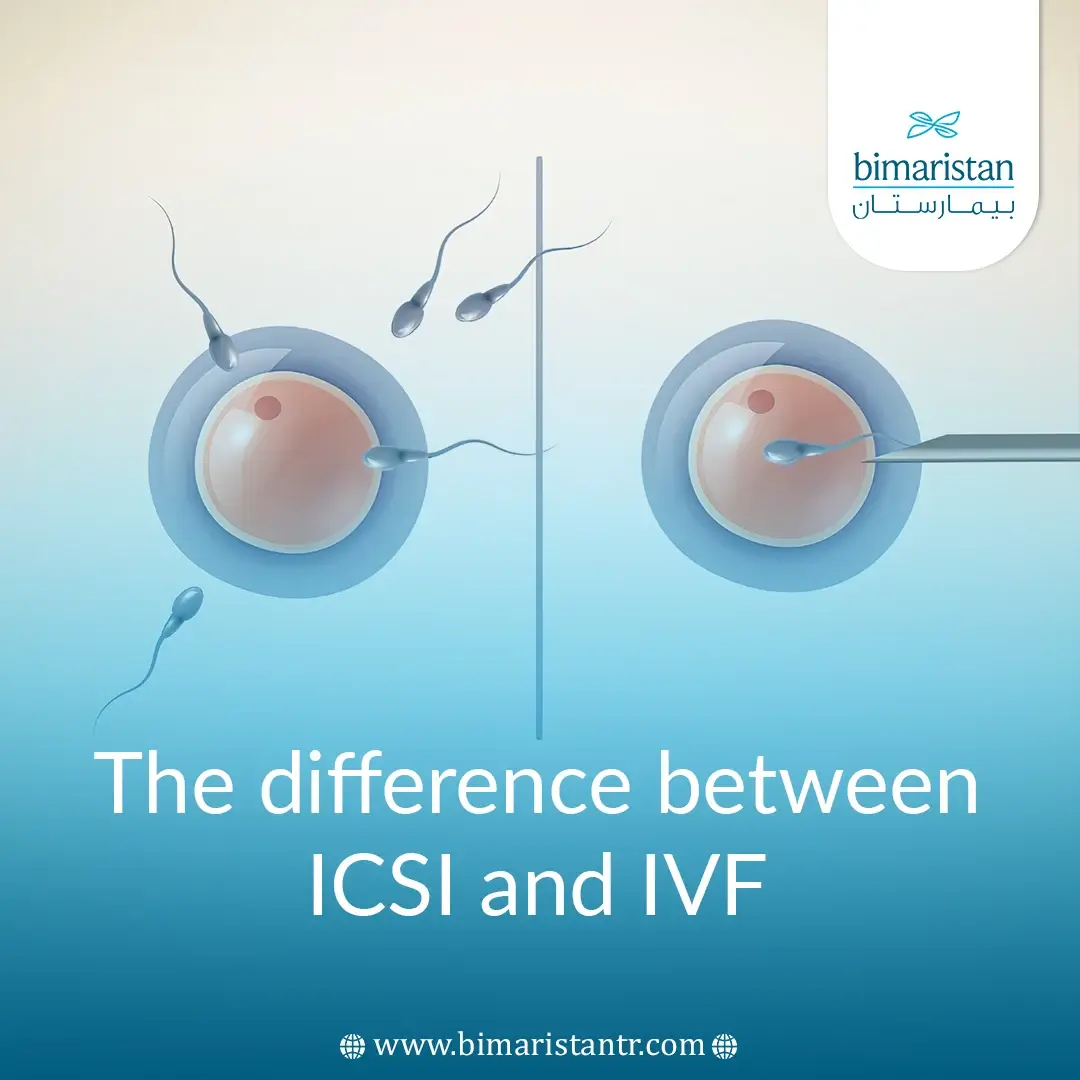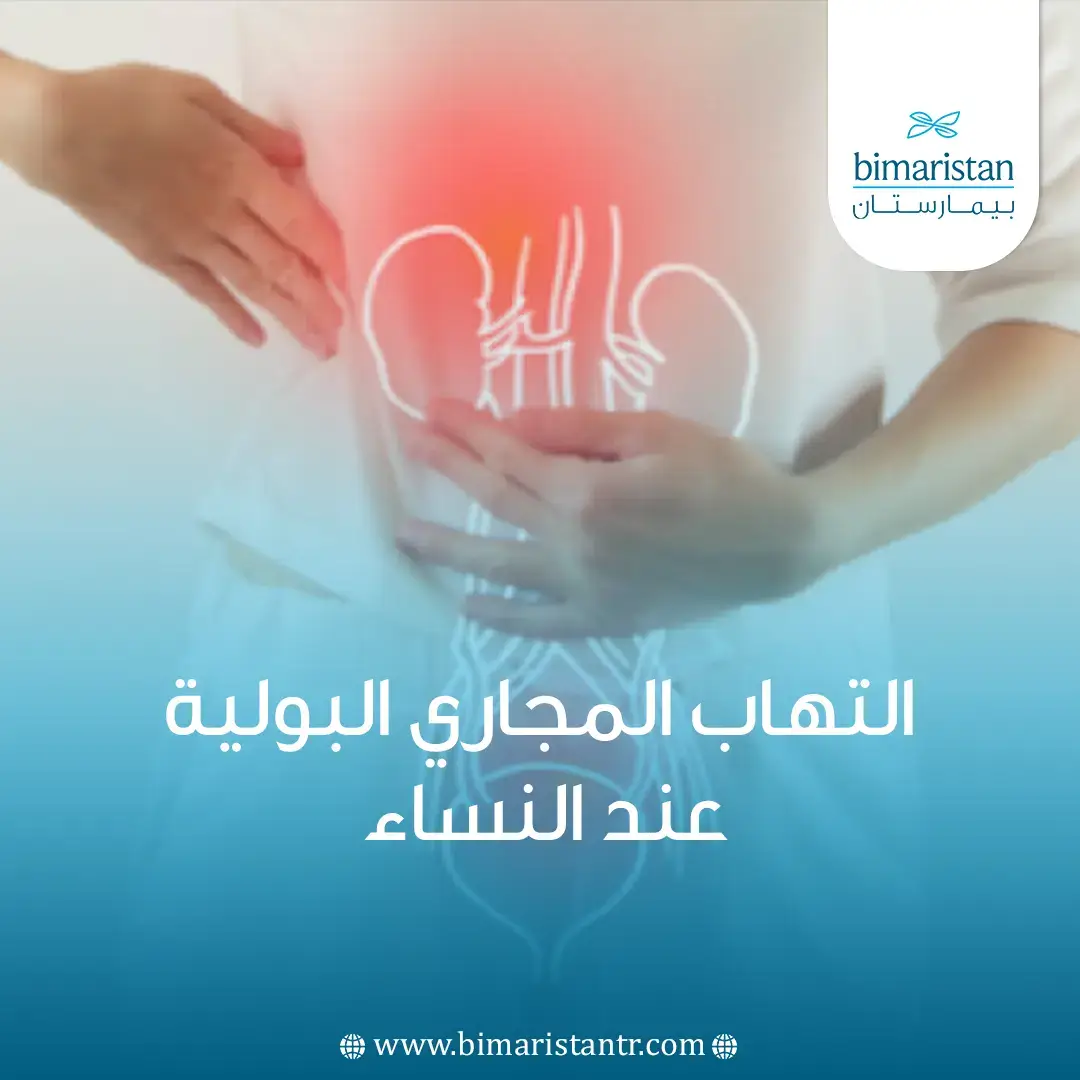
Gynecology Obstetrics
Gynecology Obstetrics Centers in Turkey focus on treating diseases affecting the female reproductive system, including the uterus, ovaries, fallopian tubes, and external genital organs.
Common Gynecology Obstetrics disorders in Turkey include conditions such as menopause, uterine fibroids, pain, ovarian cysts, vaginal discharge, urinary incontinence, and infertility. Regardless of the type of disease affecting women, early diagnosis and treatment are of utmost importance. Therefore, it is crucial to consult a doctor directly when symptoms appear.
Key Gynecology Obstetrics surgeries in Turkey
Hysteroscopy in Turkey
Surgical hysteroscopy is a procedure where a scope is inserted through the cervix into the uterus to access its interior. It is used to treat abnormalities in the uterus. A doctor may recommend surgical hysteroscopy for conditions such as abnormal uterine bleeding, fibroids, endometrial ablation, myomectomy, and uterine polypectomy. Diagnostic and surgical hysteroscopy can sometimes be performed in the same procedure to avoid the need for another surgical operation to address any issues found.
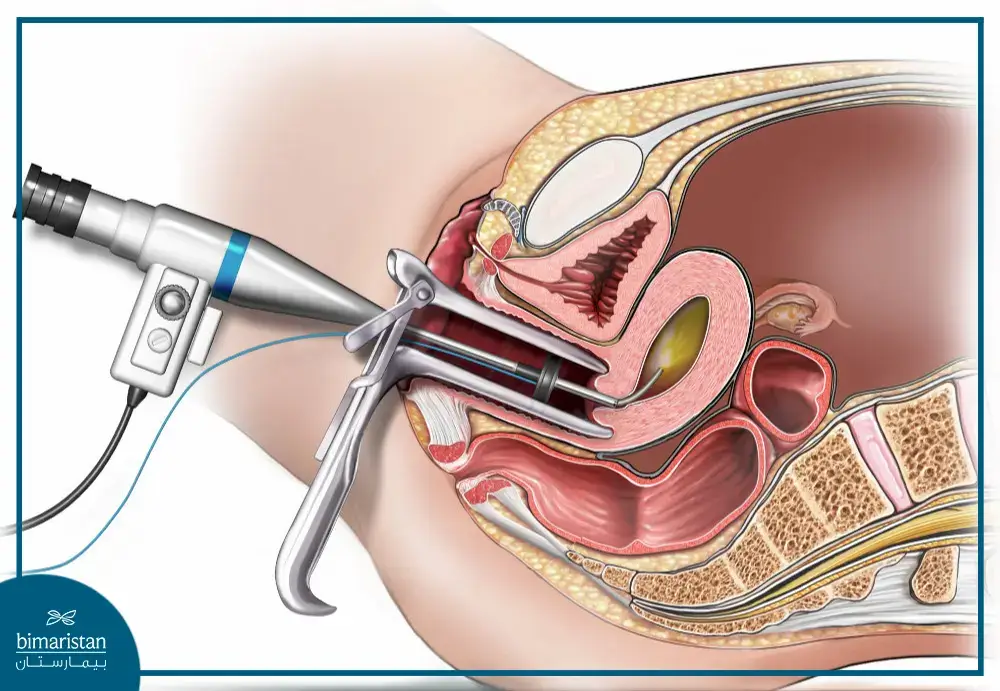
Surgical Treatment for Gynecological Tumors
During surgical treatment at Gynecology Obstetrics Centers in Turkey for reproductive system cancers, surgeons remove unwanted tissues, including tumors. The surgeon may also remove the cervix, uterus, ovaries, or other pelvic organs.
There are several types of surgeries for treating gynecological tumors:
Minimally invasive surgery
Minimally invasive surgery reduces the body’s exposure to shocks from open operations by using scopes and small tools to guide surgery instead of making large incisions with scalpels. This type is characterized by less scarring, less pain, and faster recovery.
Robotic Surgery
Gynecology Obstetrics Centers in Turkey are known for using robotic surgery, a type of minimally invasive surgery where robotic arms are used to perform precise operations. The surgical site is displayed in three dimensions on a screen, allowing remote control of the robotic arms.
Advanced Pelvic Surgery
Advanced pelvic surgery (sometimes called radical pelvic surgery) is used to treat both cancerous and benign tumors, usually performed under anesthesia. During surgery, vaginal tissues are separated from the bladder or rectum, temporary or permanent stitches are placed for support, and the vaginal tissues are closed using absorbable sutures. The procedure typically takes about one hour.
Intraperitoneal Chemotherapy (IP)
Intraperitoneal chemotherapy is a localized chemotherapy procedure where surgeons insert a device into the abdomen to deliver chemotherapy. Because chemotherapy is limited to the abdomen, side effects on adjacent healthy tissues are minimal.
Treatment of Uterine Cancer in Turkey
Gynecology Obstetrics Centers in Turkey specialize in selecting simple procedures that help patients recover faster. Treatment often includes hysterectomy.
When uterine cancer is advanced, larger surgery may be necessary, involving the removal of more organs, and other types of treatment may also be required. This may include:
- Radiation therapy, including local radiation therapy.
- Chemotherapy.
- Hormone therapy.
- Immunotherapy.
What are the types of hysterectomy procedures?
Depending on the reason for the procedure, the surgeon at Gynecology Obstetrics Centers in Turkey may choose to remove either the entire uterus or only a part of it. Types of hysterectomy surgeries include:
- Supracervical or subtotal hysterectomy: Removes only the upper part of the uterus, preserving the cervix in place.
- Total hysterectomy: Removes the entire uterus and cervix.
- Radical hysterectomy: Removes the entire uterus and tissues on the sides of the uterus, such as the ovaries and upper part of the vagina. A radical hysterectomy is usually performed only when cancer is present.
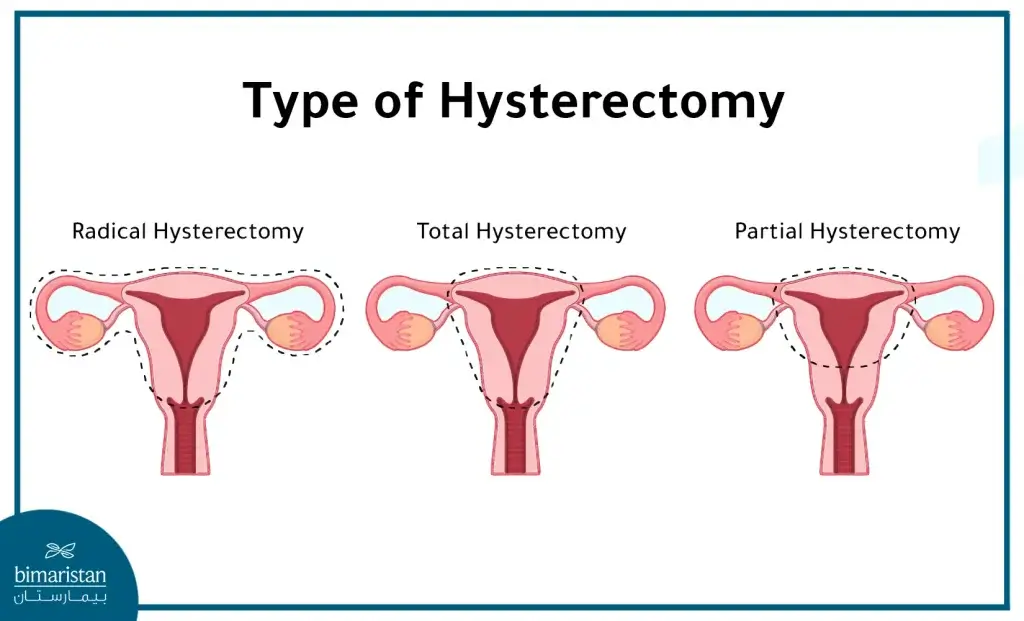
Treatment of Ovarian Cancer in Turkey
The goal of treatment is to remove cancerous tissue. Often, treatment requires removal of reproductive organs and any organ to which ovarian cancer has spread, including parts of the intestines and omentum (a fatty layer that covers the intestines).
Surgical removal of ovarian cancer can be performed through laparoscopy (a minimally invasive surgical procedure also used for diagnosis) or through open abdominal surgery. Abdominal surgery is a broad surgical procedure where the doctor opens the abdomen using a larger incision and is able to remove the ovaries. Adjacent organs that cancer has spread to may also be removed during this procedure.
The doctor may recommend chemotherapy before or after surgery, depending on several factors, including the extent of cancer spread at diagnosis. Chemotherapy is a drug designed to target and kill cancer cells.
After ovarian cancer treatment, regular follow-up with doctors at Gynecology Obstetrics Centers in Turkey is necessary to ensure that ovarian cancer does not recur over time.
Treatment of Vaginal Cancer in Turkey
The treatment of vaginal cancer at Gynecology Obstetrics Centers in Turkey depends on its type, stage, and the patient’s age. A young woman who has not yet given birth may receive a different type of treatment to preserve her ability to conceive.
Early non-advanced types of cancer may be treated with laser surgery and topical treatments. Often, advanced or invasive vaginal cancer requires a combination of radiation therapy, surgery, and chemotherapy. In many cases, doctors may use all three types of treatment to treat vaginal cancer.
Treatment of Female Infertility through Assisted Reproductive Technologies (ART) in Turkey
Assisted Reproductive Technologies (ART) is a comprehensive term used to describe various treatments that can be performed at fertility centers in collaboration with Gynecology Obstetrics Centers in Turkey, covering a wide range of different fertility treatments:
Intrauterine Insemination (IUI)
Also known as artificial insemination, it is one of the simplest forms of assisted reproductive technology. It involves collecting sperm and processing it in the laboratory, then inserting it into the woman’s uterus at the time of ovulation. Intrauterine insemination can be performed with or without ovulation-inducing drugs for the woman, depending on the specialist’s opinion.
In vitro fertilization (IVF)
It involves collecting sperm from the male and eggs from the female in a petri dish in the laboratory. The specialist then monitors whether fertilization has occurred and follows the fertilized egg’s division stages. The good-quality embryos are then transferred to the woman’s uterus from the second day to the fifth day.
Louise Brown was the first baby ever to have this technique. Noting that her mother was not given any fertility treatment medications. Gynecology, obstetrics, and infertility treatment centers in Turkey are among the pioneers in assisted fertility techniques, and these centers have found new ways to make them more successful.
Intracytoplasmic Sperm Injection (ICSI)
Targeted fertilization of sperm into the cytoplasm (ICSI) is mainly due to infertility in males due to low sperm quality or quantity in sperm fluid.
It involves sperm injection directly into the egg cytoplasm, bypassing the transparent area of the egg. This performed approach increases the chances of fertilization pregnancy regardless of shape movement.
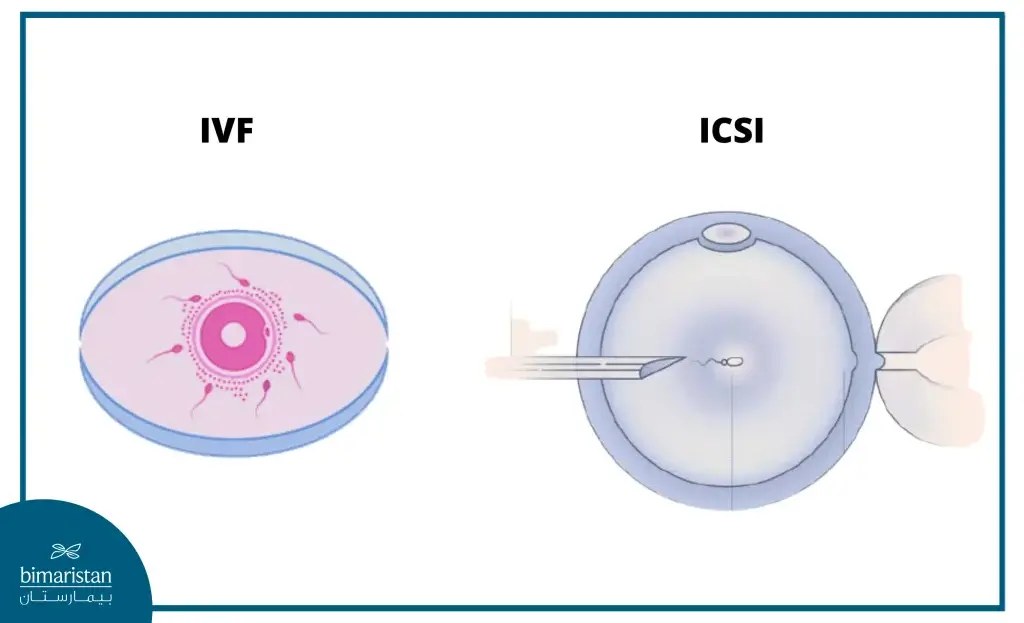
Stem Cell Treatment for Infertility (Ovarian Injection)
Stem cell treatment for infertility helps the ovaries restore their function and enhance the production of immature eggs. Some studies and scientific research have proven the effectiveness of stem cells in improving ovarian size and endometrial thickness and increasing blood flow to the uterine wall.
Results have shown that 20% of women regained their menstrual cycle three months after the injection, while 60% of women with unexplained premature ovarian failure resumed ovulation after stem cell treatment. The tested results in 90% of women with infertility and premature ovarian failure showed an increase in the anti-Müllerian hormone (AMH) level, known as the fertility indicator, one month after receiving the treatment.
Best Hospitals Specializing in Infertility Treatment in Turkey
Turkey is home to many hospitals specializing in gynecology obstetrics and infertility treatment, including:
- Yenimahalle Training and Research Hospital
- Ankara Oncology Hospital
- Recep Tayyip Erdoğan University Hospital
- Zübeyde Hanım Training and Research Hospital
Renowned Infertility Treatment Doctors in Turkey
Turkey has a group of expert doctors specializing in infertility and gynecological and obstetric diseases, including:
- Dr. Deniz Gokalp
- Dr. Ayşe Saltık
- Dr. Salman Lasin
Cost of In Vitro Fertilization (IVF)
The prices for IVF in Turkey start at $2,500 per cycle, which is significantly lower than in Europe and America. The cost may vary depending on the techniques, the tests conducted before the procedure, and the medications used. Bimaristan Center will remain in contact with you to ensure the success of the procedure and a healthy pregnancy.
Cost of Artificial Insemination for Infertility Treatment in Turkey
The prices for intrauterine insemination (IUI) in Turkey range from $1,000 to $1,500. Do not worry; we care about you and your baby. Bimaristan Center specialists will stay in continuous contact with you step by step until the pregnancy is completed safely to ensure the health of both mother and child.
Cost of Ovarian Stem Cell Injection in Turkey
The cost of ovarian stem cell treatment varies from one patient to another depending on the nature of the case, the number of injection sessions, and the type of stem cells injected. However, the starting price for ovarian stem cell treatment in Turkey is €4,000, which includes the following services:
- Doctor consultation
- Pre-surgery tests and preparation
- Procedure and anesthesia
- Materials (special equipment)
- One-day hospital stay
- Three-day hotel accommodation
- Follow-up with a specialist
- Airport pick-up and drop-off
Not all of the above services are necessarily required; you can contact us to specify the service you need and inquire about details and costs.
